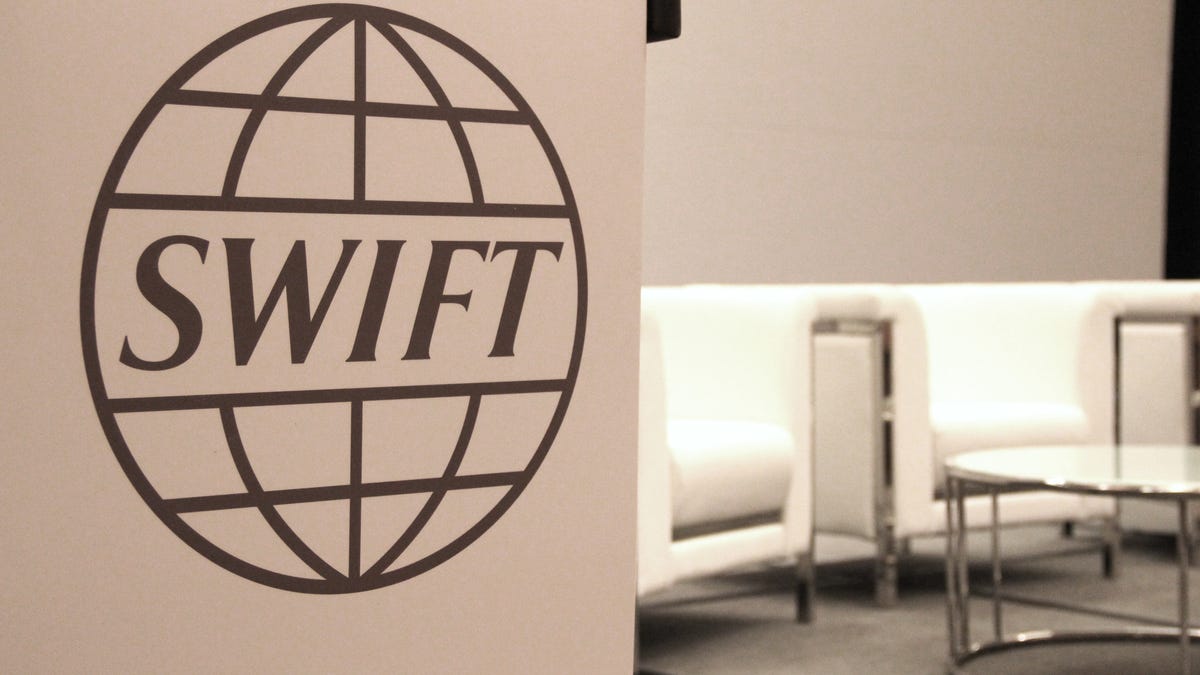SWIFT promises security improvements for its bank transfer tech
A new plan is designed to thwart fraudulent use of the system that in February was involved in a heist of $81 million.

SWIFT lets people transfer money from one bank to another.
The SWIFT system for arranging money transfers between banks will see security improvements after fraudulent transactions caused the loss of tens of millions of dollars.
SWIFT Chief Executive Gottfried Leibbrandt announced the plan in a speech Tuesday to the European Financial Services Conference in Brussels, Belgium, where SWIFT is headquartered. Details include tougher software security requirements, support for banks' efforts to spot suspicious behavior and better information sharing among banks.
SWIFT -- the Society for Worldwide Interbank Financial Telecommunication -- was used by thieves who hacked into Bangladesh's central bank in February. Fraudulent SWIFT messages sent to the Federal Reserve Bank of New York were used to steal $81 million. A similar theft occurred through Ecuador's Banco del Austro, with $12 million lost, but an attempt through Vietnam's Tien Phong Bank failed.
The security of SWIFT's core communication system itself wasn't the problem, the organization said, but banks mustn't be used as conduits that enable it for theft.
"The banks were compromised, credentials to payment generation systems were obtained to send fraudulent payments and the statements/confirmations from their counterparties were obfuscated," Leibbrandt said in prepared remarks. "This is a big deal. And it gets to the heart of banking."

